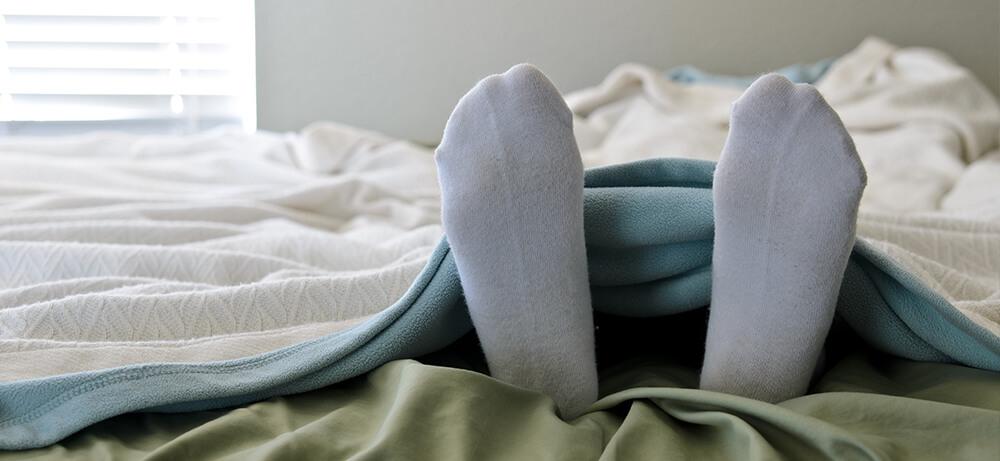Jessi’s Post-Surgery Day 1
Media from the offices of Broadway
Jessi’s Post-Surgery Day 1
On the first day after Jessi’s rhinoplasty and septoplasty procedures, she’s starting to notice some pain and swelling. Here’s what you can expect following a plastic surgery operation.
Nasal splints
The incisions in Jessi’s nose from the surgery are closed with stitches that will dissolve on their own. Doctors do not put packing inside your nose after surgery. Instead, they use a plastic splint on the outside of your nose. The bandages help the nose stay secured and protected for at least a week after surgery. These bandages serve as nasal a cast to hold the cartilage and bone in their new position. Splints reduce swelling but there will still be noticeable puffiness.
Get comfortable
For the first few nights after rhinoplasty surgery, it’s important to sleep on your back with your head elevated. If you don’t have a recliner to sleep in, support your head with a couple extra pillows at night. This position makes it easier to rest comfortably without an increase in swelling. Frequently rest ice packs across the splint and under your eyes in the days after your operation. Again, this helps with swelling and bruising.

What to avoid
Rhinoplasty and septoplasty patients may notice some blood and mucus drainage. This is a normal part of the healing process. Don’t blow your nose. Absorb the fluids with gauze but wait until your post-operation clinic visit to clean out your nose. It’s important to be gentle and let your doctor have a look at how the new nose is healing. While your nose is healing, limit your physical activities and avoid bending forward with your head down.
Medication and wound care
Pain medicines are commonly prescribed after rhinoplasty procedures. Take them as needed for comfort. Other medications may include antibiotic pills for healing, dexamethasone for swelling and pills for bruising. Taking a multivitamin is recommended during the first month after surgery. This makes sure your body receives all the necessary nutrients. Clean the wound with a basic saline spray for the first two days. Your doctor will give you detailed information about medications and cleaning following the procedure. Be sure to ask plenty of questions to avoid confusion.
Want to learn more?
Have questions?
Want to schedule a consultation?
